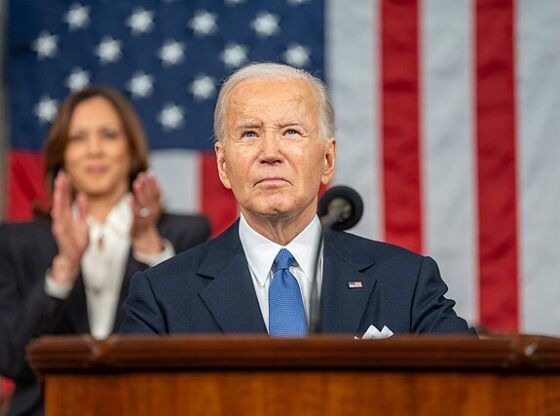On Monday, Turkish officials announced a second-round runoff vote for the presidential election after incumbent Tayyip Erdogan and challenger Kemal Kilicdaroglu both failed to reach the 50% threshold on Sunday evening. The runoff will be held May 28, extending a critical election period which many view as a referendum on Erdogan’s 20-year rule.
The late-May runoff marks the first time in Turkish history that no presidential candidate secured a majority in the primary round. Facing a significant challenge by Kilicdaroglu, Erdogan’s inability to win outright signals a potential shift in the Turkish political sphere. Kilicdaroglu, the leader of the six-party coalition, is largely seen as a pro-democracy candidate, pledging to rebuild political institutions, release political prisoners, realign Turkey with the West and restore economic prosperity.
While failing to win the first round, Erdogan outperformed pre-election poll predictions. As of Monday morning, Erdogan secured 49.4% of the vote, whereas Kilicdaroglu had 44.92%. Approximately 97% of the ballots had been counted, according to state news Anadolu.
Prior to the official runoff announcement, Supreme Election Council officials attributed overseas voter ballots as the cause for election result delays.
Despite the first-round outcome, both candidates appeared confident they would win the runoff round, telling supporters on Sunday night they had enough votes for the presidency. The winner, however, is likely to be determined by supporters of the third presidential candidate Sinan Ogan, who secured only 5.7% of the vote. Now eliminated from the election, analysts have dubbed him the “kingmaker” as his endorsement could lift Erdogan or Kilicdaroglu above the 50% mark.
The runoff only adds to the contentious atmosphere of this year’s election. On Sunday evening, Kilicdaroglu’s campaign accused state-media Andalou of purposefully slowing its data publication to give the appearance Erdogan was ahead.
The use of state resources for political gain is not a new tactic for Erdogan’s campaign. Reports indicate he specifically sought to raise public salaries and politicize government spending to get a step ahead of his challenger.
The Presidential Office was not the only role on the ballot Sunday evening. Turkey also elected its 600-seat parliament. The AK Party (AKP), led by Erdogan, was expected to form a majority, reflecting past election results since 2002. However, the BBC characterized the AKP parliamentary performance as its worst since 2002, having only garnered 35% of the vote. Between 2002 and present day, the AKP usually polled 40% of votes.
This percentage correlates to seats-won in Parliament; AKP has never held less than 300 seats. With today’s vote, the AKP is likely to hold 267 seats with additional 56-seats gained via coalition alliances, equating to a collective 323 seats in favor of AKP. For reference, following the 2018 election, the AKP and its aligning parties won 344 seats.
With Parliament decided, the May 28 second-round election takes the political spotlight as Turkish voters head back to the ballot boxes in the coming weeks.











